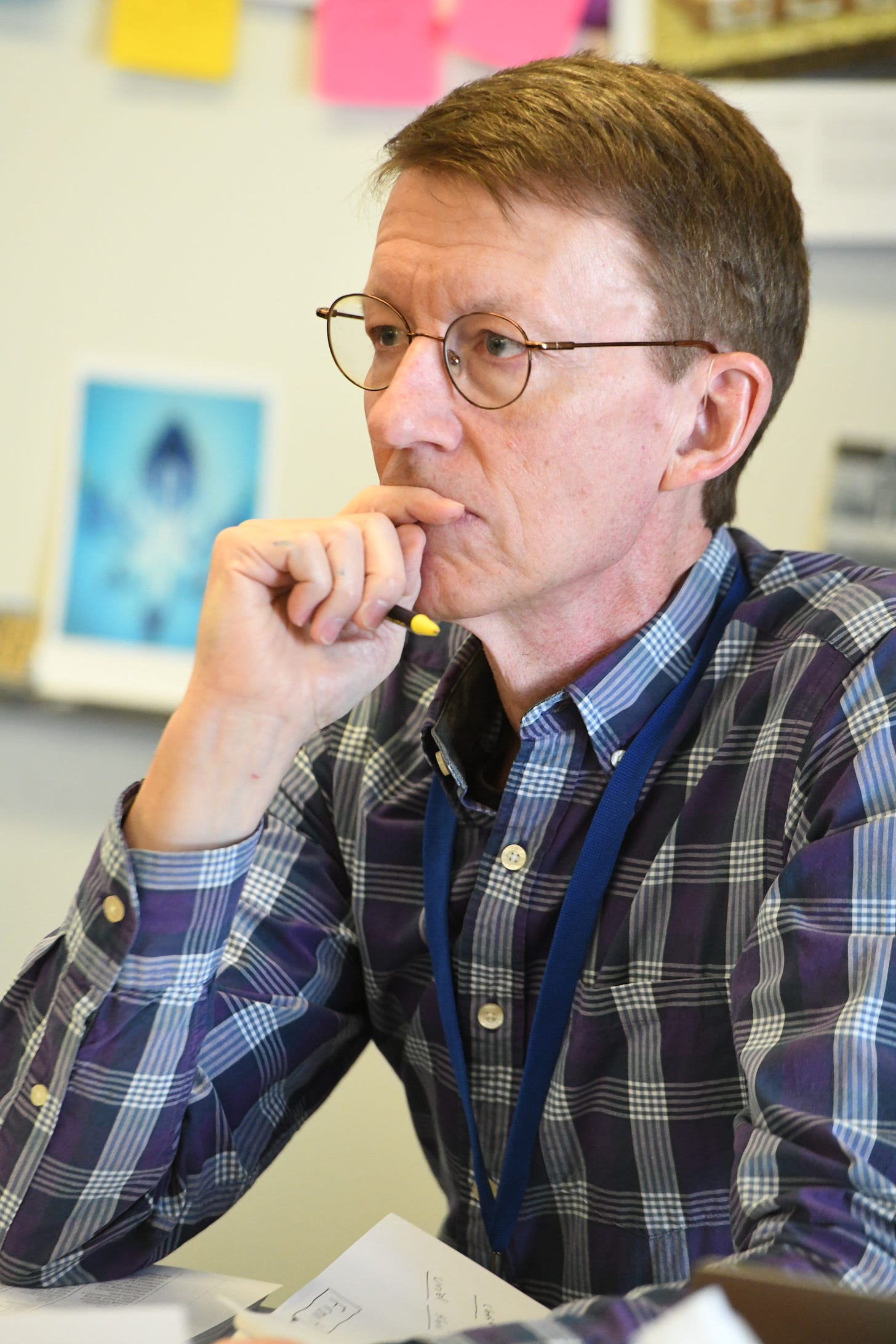To lead public lives, we need grounding + inspiration
Most people don’t have the theoretical grounding to resist injustice and authoritarian rule. The Bible provides that grounding, but it’s hard to see how. Political Devotions makes the Bible’s politics understandable through a series of meditations on scripture, informed by theologians and political theorists—meditations that approximate private devotions.
The devotions seek to overcome three obstacles to an understandable and actionable political theology:
First, theologians write to other theologians, and political scientists write to other political scientists. But theologians and political scientists need to talk to each other. Then they need to talk to the public. None of this will happen while theologians and political scientists stay in their academic silos and ignore their public callings.
Second, the public either defers to these (and all other) experts or mistrusts them. Instead, the public needs to adopt a courtroom model in which it deliberates over expert testimony as a jury would—purposefully, respectfully, and autonomously.
Third, beyond engaging with experts, the public needs to practice public life. It needs to put the public world before work, market, and other private pursuits. To do so, we need to create local public spaces that interrupt our materialistic and self-centered society, and we need to develop political models that serve as local places for political practice and the joy of political life together.
You won’t get indoctrinated here. I don’t offer a worked-out political theology or ideology. That’s because I’m not one of the experts. I’m more like a trial lawyer who calls a lot of expert witnesses to testify.
I’m comfortable in that role because I was a trial lawyer for 16 years. Later, I worked as a pastor and still later as a composition instructor. Now I explore and write. Political Devotions pulls together my four careers with an approach to political theology that’s both literary and lucid, both inspiring and substantiated.
Also here: Street Liturgy and the Public Spaces podcast
Along with the devotions, Political Devotions offers two more features. Public Spaces Blog & Podcast interviews people and groups that see the world publicly, people who turn down an entirely private existence to create public spaces. The blog also recounts my own halting attempts at doing the same. Street Liturgy offers ways of bringing public expression to our collective acts of faith.
Above: I’m watching my students in 2024 present their projects on local community life. Photo courtesy © Lloyd Wolf / Columbia Pike Documentary Project.
I’ve also written a manuscript for a book series called Political Devotions: A Year in Public Spaces. I’m trying out that series’s concepts here. Click here to read the manuscript’s introduction, which provides a deeper dive into my approach to political devotions. Click here for a sample devotion from the manuscript. Finally, click here to access a bibliography for the manuscript as well as for this Substack’s devotions.
No paywalls here. Give if you’d care to.
I hope Political Devotions helps you discover your public life and new ways to practice it with others.



